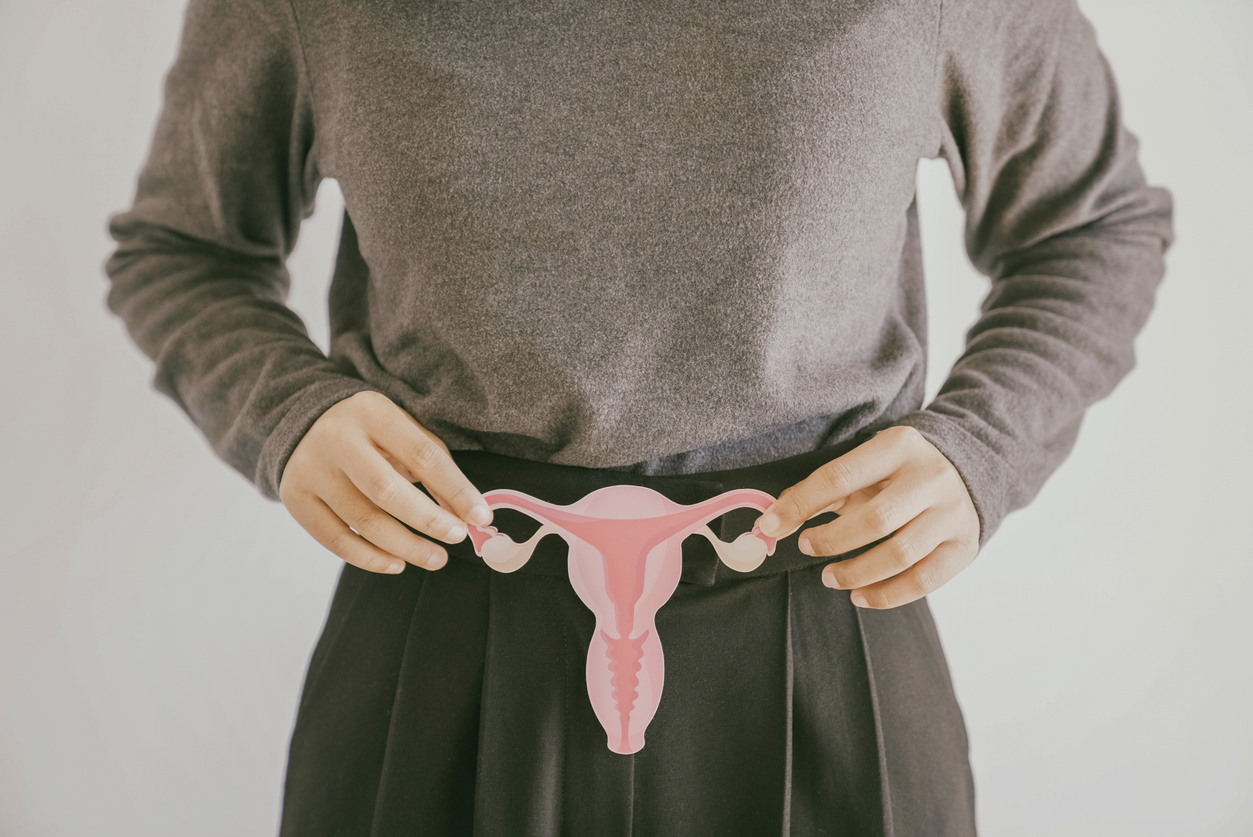Seeing a gynecologist is considered one of the essential parts of maintaining top levels of health in the reproductive organs. As one ages, it becomes especially important to set up regular appointments to track one’s health. Generally speaking, it is considered best practice to see an OB-GYN at least once a year to stay safe. Depending on your medical history and the state of your health in general, doctors may recommend increasing the frequency of these visits. If you are curious about how frequently you should see a gynecologist, this guide describes this and other information about routine gynecological imaging.
How Frequently Should You See A Gynecologist?
A gynecologist is a doctor who specializes in treating and diagnosing issues related to the female reproductive system. They are specially trained to encounter these conditions in a highly specialized manner. Doctors typically recommend pelvic exams be conducted annually. In contrast, pap smears only need to occur every three years, assuming previous tests have been normal.
Most professional healthcare providers recommend that women begin seeing a gynecologist regularly in their teenage years. They can help diagnose issues surrounding the following components of the female reproductive system:
- Uterus
- Ovaries
- Fallopian tubes
- Cervix
- Vagina
- Vulva
- Breasts
A woman will typically have to consult with a gynecologist from their teenage years through menopause. In addition, a gynecologist can also look into issues with the rectum and bladder, though other specialist doctors may be better suited to looking into these issues.
What Happens at the Gynecologist’s Office?
A gynecologist can perform many different tests and procedures that can help ensure the health of your reproductive system. Some of the services performed by a gynecologist include:
- Pap smear tests
- Cancer screenings
- Tests for sexually transmitted infections
- Diagnosing diseases and disorders of sexual organs
- Pelvic exams
- External genital exams
- Family planning and birth control assistance
- Issues related to menopause
When a gynecologist combines their skills with an obstetrician, they earn the title of OB-GYN. Some individuals find that they may benefit more from the services of this professional than from those of a standard gynecologist, especially regarding pregnancy and childbirth issues.
What Conditions Can a Gynecologist Help With?
There are many different issues that a gynecologist can assist with. Some of the commonly requested ones include the following:
- Uterine fibroids
- Ovarian cysts
- Endometriosis
- Vaginal infections
- Cancer of the uterus and ovaries
- Pelvic pain
- Issues related to menstruation and the menstrual cycle
You should keep an eye on symptoms that might indicate that you should seek out the services of a gynecologist. Keep an eye out for the following symptoms if you start to experience them regularly:
- Painful menstruation
- Issues with getting pregnant
- Issues with irregular vaginal bleeding or discharge
- Pelvic pain
- Growths, sores, or lumps in your vaginal region
- Issues with having sex or sexual dysfunction
What Occurs During a Gynecologist Visit?
Gynecologists follow certain standard protocols during routine visits. The doctor examines the patient’s reproductive organs internally and externally.
During this stage, you should fill your doctor in with as much information as you possibly can regarding any activity that has to do with the health of your reproductive organs. After your reproductive exam, your gynecologist will undergo a pelvic exam.
During the pelvic exam, a tool known as the speculum is inserted into the vagina to observe the vagina and cervix. In addition, cells may be collected from the cervix to check for infection and disease. This process is known as a pap smear.
Find a Gynecologist You Can Trust
Much of the process of maintaining good health of the reproductive organs has to do with scheduling regular visits to the gynecologist. Something that will give an individual a higher chance of scheduling regular visits to the gynecologist’s office is if they find someone that they feel comfortable with.
A skilled gynecologist must pass many different tests and trials to receive a license to practice. A trustworthy gynecologist must become certified through the American Board of Obstetrics and Gynecology, or ABOG. The standards for passing the exams and tests involved with obtaining this certification are very stringent.
In addition, finding a gynecologist with whom you feel comfortable maintaining a consistent relationship will help with the process.
The Best Gynecologist in Houston
Pink Door Imaging is among the best in the business at offering patients high-quality gynecological inspections. Now that you know how frequently you should see a gynecologist, contact our office today to schedule a consultation with our gynecological imaging experts.


